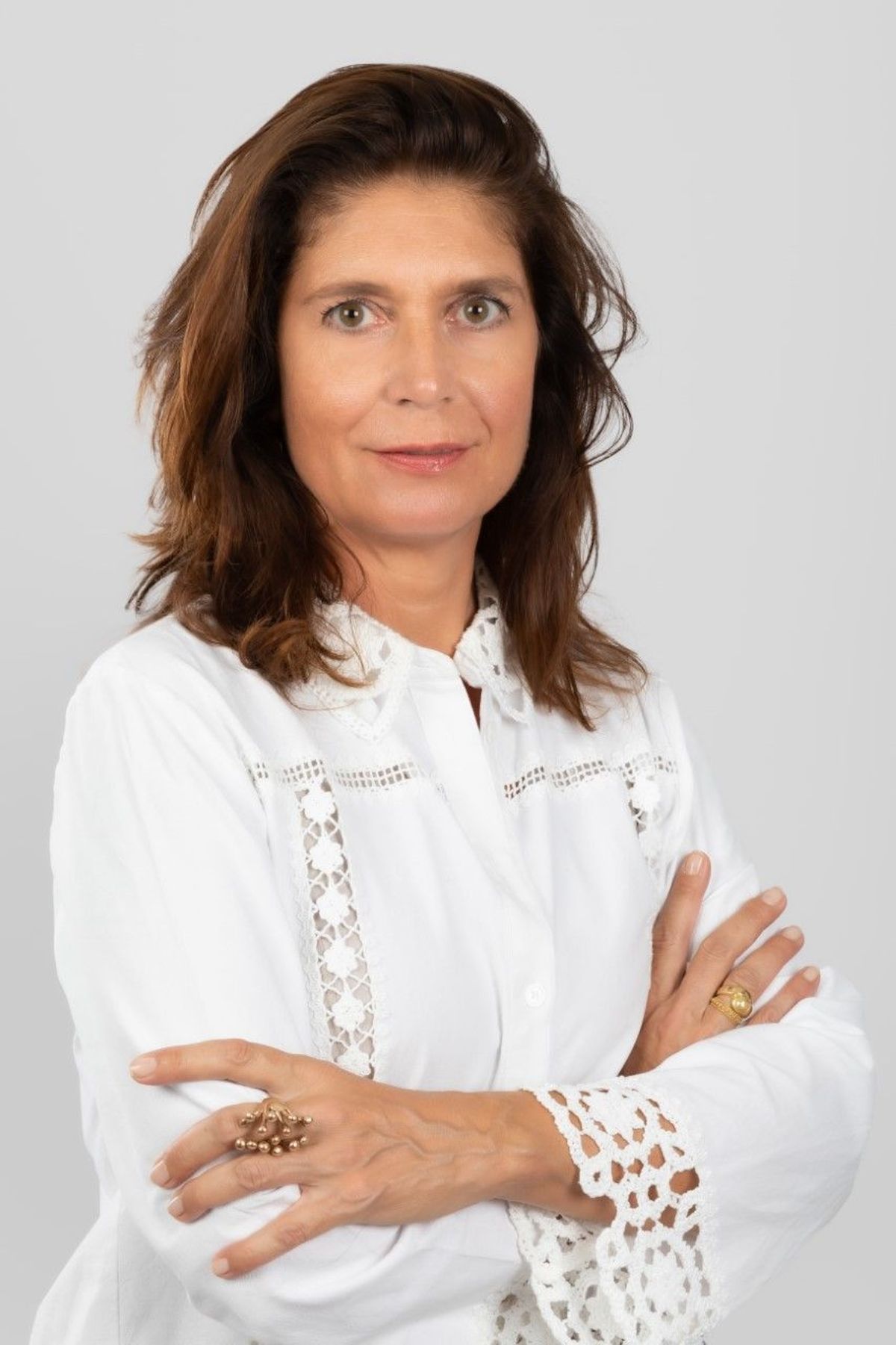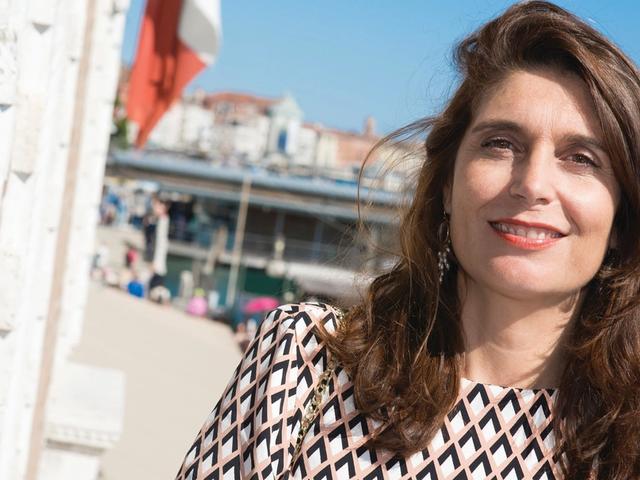French star curator Christine Macel is leaving her job as director of the Musée des Arts Décoratifs in Paris against the backdrop of a deep crisis at the institution.
Two years after her appointment, Macel tells The Art Newspaper she has “happily accepted a proposal by the museum’s chairman, Johannes Huth, to become his scientific and artistic adviser” from 15 October until the end of her contract in one year. “It was a relief,” she says, “as the situation had become untenable in what an audit has described as a ‘crisis of governance and organisation’ at the museum.”
The museum confirmed Macel’s move, but declined to comment on the motives for the change of leadership. According to the Le Journal des Arts, the decision followed a warning from a medical expert about social and psychological risks after complaints by some staff members and three departures. The article pointed out that Macel, who worked for 22 years at the Centre Pompidou and was the curator of the 2017 Venice Biennale, is a specialist in contemporary art, rather than in classical arts—she replies that her programme of exhibitions, including shows on the birth of department stores and the sculptor Henry Cros, “speaks for itself”.
According to former and present curators, the crisis at the Musée des Arts Décoratifs is more deeply rooted, most notably in the museum’s management structure. Under the authority of the board and its chairman, it has a double-headed leadership, with a “director” (Macel) and a “director-general”, Sylvie Corréard, both of whom are known for their strong characters and ambitions.
In 2022, Macel’s predecessor Olivier Gabet, now head of the decorative arts department of the Musée du Louvre, whose relationship with Corréard was also notoriously difficult, did not get his contract renewed. And in 2013, the former culture minister Jean-Jacques Aillagon resigned from the chairmanship of the Musée des Arts Décoratifs after only six months. He cited “personal reasons” at the time, but in private admitted that he was aware of the structural dysfunctions of a museum that also has to compete against the rich collections of the Louvre and the Musée d’Orsay.
The Musée des Arts Décoratifs is very organisationally complex, even compared to other large institutions. It includes a museum in Paris housing Moïse de Camondo’s collection, a library and two schools. The museum is in charge of a public collection, located in a national monument (a wing of the Palais du Louvre) and its staff is paid by the state. But it is managed by an independent association and its operating budget relies entirely on commercial incomes and private funds. This situation has led to more exhibitions on fashion, design and luxury goods supported by such high-end brand names as Dior, Cartier or Louis Vuitton, creating a roller-coaster effect on attendance, which last year dropped to around 600,000 visitors, down from the record tally of around 900,000 entries in 2022.



